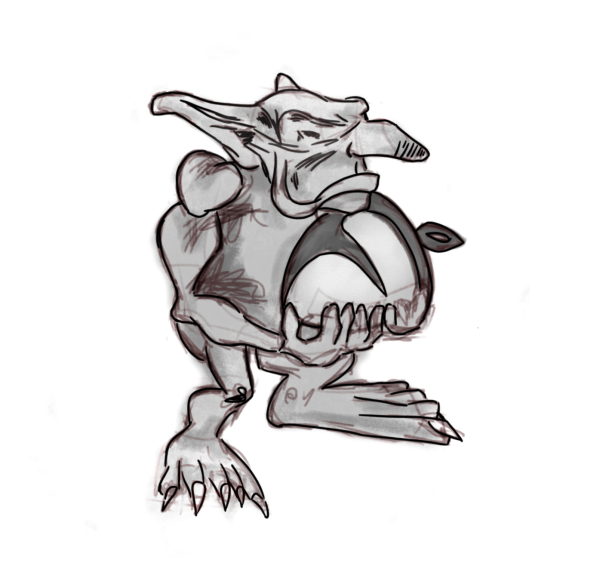Animal Testing Is Inhumane and Must Be Stopped
A nationwide poll conducted by Lake Research Partners found that 67% of American voters oppose testing cosmetics on animals. Animal testing is an issue that must be addressed because it is an inhumane practice being avoided by the government. This experimentation consists of scientific tests in which a live animal is forced to undertake tests that will cause them pain, suffering, distress, or lasting harm. This community should work together to stop animal testing and end the suffering of harmless animals.
Firstly, using animals to test on for commercial use is simply immoral. It is cruel to force over 100 million living creatures to undergo life-threatening experiments for the use of humans. The Draize eye-irritancy test, used by cosmetics companies to observe irritation caused by shampoos and other products, involves rabbits being locked up in stocks with their eyelids held open by clips, sometimes for multiple days, so they cannot blink away the products being tested. The Draize eye-irritancy test is just one of the many experiments used to test one particular shampoo. The frequently-used “lethal dose 50 test” involves finding out which dose of a chemical will kill 50% of the animals being used in the experiment. According to the Humane Society International, test animals are commonly subjected to “force feeding, forced inhalation, food and water deprivation, the infliction of burns and other wounds to study the healing process, the infliction of pain to study its effects and remedies, and killing by carbon dioxide asphyxiation, neck-breaking, decapitation, or other means.” These cruel acts performed on the animals must be stopped immediately as the methods and conditions used are abhorrent and unacceptable.
Some believe animal testing saves human lives with cures and treatments, but this is not always true. Not only is animal experimentation dangerous to the animal, but it can also be threatening to humans. Animals are much different from humans and therefore cannot be reliable test subjects. Many tragic incidents have happened due to unreliable animal testing results; for example, a 1950s sleeping pill called Thalidomide caused 10,000 babies to be born with severe deformities. This drug was tested on animals prior to its commercial release; however, it was later found that the rodents had the same outcome when given much more of the drug. According to Cruelty Free International, 92% of experimental drugs that are safe and effective in animals fail in human clinical trials because they are too dangerous or do not work. This shows how unreliable animal testing is and it is not worth all the pain animals go through in labs.
In order to address this disgusting and ultimately ineffective abuse of animals, the Animal Welfare Act (AWA) should expand and strengthen their protections of testing animals. Currently, 95% of animals used in experiments are not protected by the AWA. Technology now is able to take the place of animals with artificial human particles like microdosing and models of human cells and anatomy. Not only does the AWA neglect many animals in its protection, but it is also not well-enforced. In 2009, the Humane Society of the United States found 338 possible violations of the AWA at the federally funded New Iberia Research Center in Louisiana. Some of the primates kept at the center were suffering such severe psychological stress that they engaged in self-mutilation in the form of “tearing gaping wounds into their arms and legs.” Terrifying video footage shows infant chimps shrieking as they are forcibly removed from their mothers, infant primates awake and during painful experiments, and chimpanzees being threatened and shot with a dart gun.
Animal testing has every right to be stopped and the AWA should be responsible for enforcing this. More than half of the population opposes animal testing and evidence shows how unethical and wasteful it really is. There is no possible reason to continue animal testing because it is inhumane, threatening to humans, and against the support of AWA.
Hello there! Our goal is to provide relavent, engaging journalism for readers of all ages. Your donation will support the student journalists of the Wolfpacket at Claremont High School, and will allow us to purchase equipment, print our monthly issues, and enter in journalism competitions. We appreciate your consideration!

Makayla Oas is a freshman at CHS and it is her first year on the Wolfpacket as a reporter.





